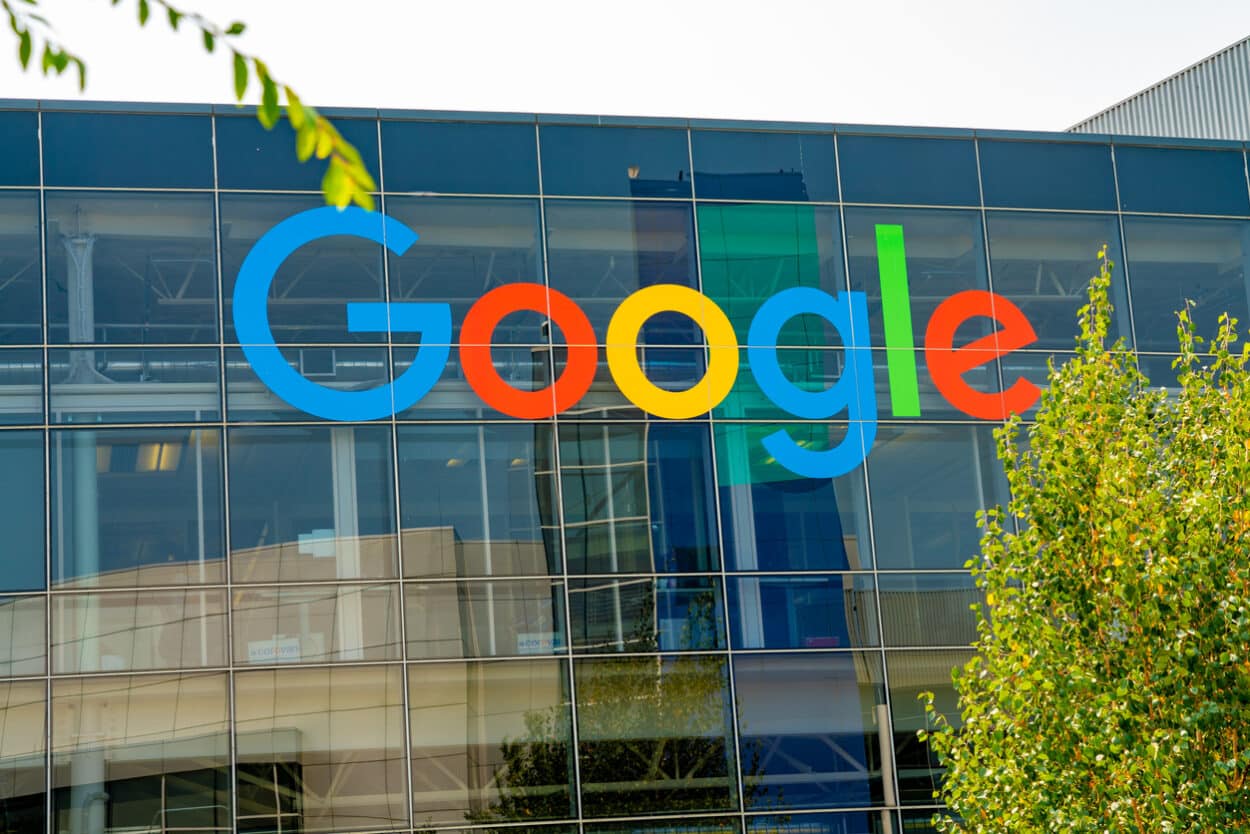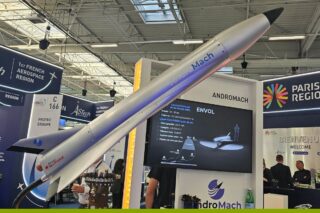Google announced on Monday February 6 it was launching Bard, a conversational robot that, like Open AI’s ChatGPT launched last November, is able to answer questions with text. Bard will soon be integrated into Google’s search engine. Less than 3 days after that announcement, Google dropped almost 8% on the stock market when its new conversational robot made a mistake in the middle of a marketing presentation.
Story updated on February 9, 2023
It’s an announcement that took everyone by surprise. Yesterday, Google officially announced the launch of Bard, an AI-based chatbot that is intended to be a competitor to ChatGPT. Bard can answer questions by producing text. It will soon be integrated into Google’s search engine and will therefore be able, unlike ChatGPT for the moment, to use up-to-date knowledge from the web to enrich its answers. The chatbot will be freely available “in the coming weeks“, the group announced.
Introducing Bard
In a blog post published yesterday, Alphabet CEO Sundar Pichai introduced Bard and the group’s latest advances in artificial intelligence.
“Bard seeks to combine the breadth of the world’s knowledge with the power, intelligence and creativity of our large language models. It draws on information from the web to provide fresh, high-quality responses. Bard can be an outlet for creativity, and a launchpad for curiosity, helping you to explain new discoveries from NASA’s James Webb Space Telescope to a 9-year-old, or learn more about the best strikers in football right now, and then get drills to build your skills”.
The new chatbot is powered by LaMDA (Language Model for Dialogue Applications) and will be first used by “trusted testers” before being open to the public “in the coming weeks“.
“We’re releasing it initially with our lightweight model version of LaMDA. This much smaller model requires significantly less computing power, enabling us to scale to more users, allowing for more feedback.”
Countering Microsoft’s Ambitions
Google’s response to ChatGPT was expected. Nobody in the tech world thought that the future of AI would be written without Google. But there was an urgent need for the group to come up with an AI solution.
In December, a “red” alert was issued at Google headquarters following the growing success of ChatGPT. The New York Times reported that Google’s two founders, Larry Page and Sergey Brin, were called in to refine the group’s artificial intelligence strategy.
Besides, the group has to counter the ambitions of an other giant. Microsoft has planned to invest $1 billion in OpenAI and will gradually integrate ChatGPT into its Bing search engine. Google could not stand by and do nothing.
Bard in Google Search Engine
Bard will soon be integrated into the Google search engine, opening up new perspectives for users, according to its CEO:
“When people think of Google, they often think of turning to us for quick factual answers, like “how many keys does a piano have?” But increasingly, people are turning to Google for deeper insights and understanding — like, “is the piano or guitar easier to learn, and how much practice does each need?” […] Soon, you’ll see AI-powered features in Search that distill complex information and multiple perspectives into easy-to-digest formats, so you can quickly understand the big picture and learn more from the web.”
This announcement by Google follows a report by British news agency Reuters last week revealing that Chinese internet search engine Baidu is planning to launch an AI-based chatbot next March very similar to ChatGPT.
The AI war goes on. Meta and Amazon are also among the most important players in artificial intelligence and are devoting colossal investments in the industry.
A Mistake in the Middle of a Conference
Less than 3 days after Bard was introduced by Alphabet CEO, the chatbot was presented by Google during a live conference in Paris. But Bard made a mistake in the middle of the demo. When asked the following question,
“What new discoveries from the James Webb Space Telescope can I tell my 9-year-old about?”
Bard answered:
“JWST took the very first pictures of a planet outside of our own solar system. These distant worlds are called “exoplanets.” Exo means “from outside.”
This is false information as the first photograph of a planet outside our solar system was taken in 2004, as NASA confirms.
News agency Reuters reported the mistake which cost Google a lot on the stock market. The American giant saw its market capitalization decrease by more than 100 billion dollars.










